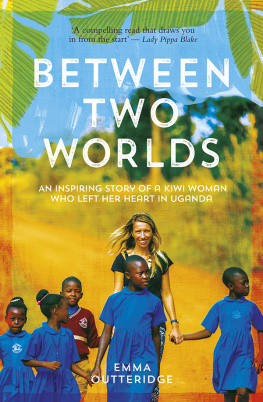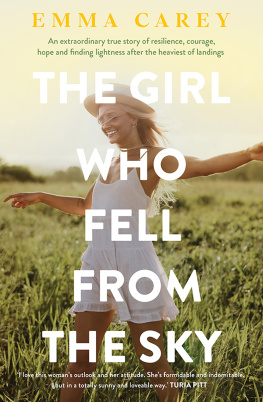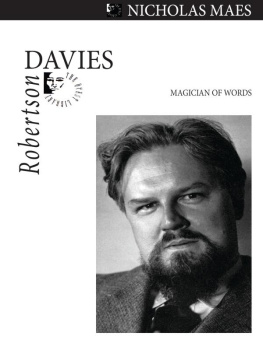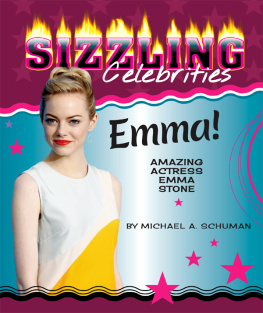
CHAPTER
ONE
My world was changed by a handwritten letter from a twelve-year-old boy named Henry.
It was a hot afternoon in late July 2009 and the Ugandan dry season was in full force. I was sitting at the dining table in the volunteer house of St Paul KAASO Primary School where I had been living for the past three months, working on a spreadsheet on my laptop. The students had finished their afternoon classes and were busy bathing in tubs of cloudy water, carried up from the pond in jerry cans on their heads. Out the window I saw little Brenda, one of my favourites from my Primary One (P1) class, who waved shyly as she emerged from the girls bathing area, her purple after-school uniform dotted with wet patches the children here had no towels; they simply dressed after bathing and walked around until they dried. I smiled and waved back, making a mental note to read with her that evening after my guitar session under the music tree.
I watched as other girls walked around, letting themselves slowly dry. I recognised students from my various classes, and felt a surge of pride: three weeks earlier, my fellow volunteers and I had launched an email fund-raising campaign and we had been overwhelmed by the response we had received. If this project came off, the money we raised would fund the construction of a 100-bed dormitory to house these girls. I grinned as I turned back to my spreadsheet; it felt good to be working on something I knew would make such a huge difference to the children and to the school as a whole. I found myself humming as I worked through my calculations, adding up the costs of sheets of iron, sacks of concrete and roofing poles.
Then came a knock at the door.
Madam Emma?
Henrys voice startled me, and I spun around to see him standing in the doorway, his shoes left respectfully at the entrance, his feet bare on the dusty concrete floor.
Henry, hi! Sorry, I was in another world. How are you? Come in. I motioned for him to sit down at the dining table next to me. Do you have more books for me to tape?
Henry took immense pride in his work and liked to ensure that his exercise books were always in good condition. That wasnt easy in a school with no proper desks or lockers the students sat at narrow wooden tables and their books were stacked on wobbly shelves at the back of the classroom. The spines of the flimsy books often gave way, and Henry would bring his books to me to tape up so that they would last until the end of term. He didnt respond straight away, but instead remained lingering in the doorway.
I was just about to repeat my offer when I realised he had no books with him; instead, in his hands was an envelope.
Madam Emma, he began, then stopped. His usual upbeat demeanour was gone and he seemed unsure of himself, strangely nervous.
Henry and I had become fast friends over the past six weeks that I had been helping in his Primary Seven class. He barely reached my shoulder and his tiny frame made him look younger than his twelve years, but there was a certain wisdom behind those glittering eyes that made me want to know more about this boy with the cheeky grin, who viewed the world with such hopeful wonder. He sat in the front row of the classroom and his insatiable hunger for knowledge meant he was always the first to raise his hand and speak, eager to learn more. He was incredibly helpful and would jump up to wipe down the blackboard for me when class was over, then insist on carrying my load of marking back to the volunteer house. It was entirely unnecessary but he loved it and I enjoyed his company, so never refused.
Yes, Henry, I said gently. What is it? You can tell me anything.
I had seen him stumped by certain concepts and had watched as he grappled with difficult questions, but I had never seen him lost for words. I began to wonder what that envelope he gripped so tightly might contain.
Madam Emma, I have this It is a letter, he said, holding it to his chest. For you. I want to give it to you.
Oh, Henry. Thank you, I said, standing and going over to him. Shall I read it now? I asked, slowly taking it from his grasp.
His eyes widened and a look I couldnt decipher crossed his face. Was that fear? Nervousness? I didnt have a chance to decide before he blurted out, Ill come back tomorrow to know your answer. Thank you, Madam Emma! Then he turned abruptly and disappeared out the door.
Now I was thoroughly curious. How could the contents of this letter be so terrifying? The letter was sealed in an envelope that had been handmade from the folded pages of Henrys schoolbooks and carefully glued to form a rectangular enclosure. I slid my fingers down the join and pried the pages open, pulling out the single sheet of paper that was to change my life.
I remained standing in the doorway as I read Henrys neatly formed words. He began by thanking me for all my assistance teaching his English class and helping to repair his torn schoolbooks, then went on to make a request:
I would like to be sponsored in my secondary education because I am an orphan. My father died when I was still a baby. It was a pity. I will be happy if my request is considered by you and I promise I will perform better and better.
May the good Lord bless and keep you alive!
Yours affectionately, Henry
I stared at the words on the page, saddened to learn that Henry had lost his father at such a young age; Id had no idea. This school was full of orphans in Uganda an orphan is classified as anyone who has lost their father, the breadwinner of the family but still, to hear that my little friend had grown up fatherless was upsetting. I marvelled at how positive he remained in spite of his situation, not sitting around feeling sorry for himself but getting on with life and trying to make the best of what little he had.
However, as I reread Henrys words, a sickening feeling began to creep into my stomach: he was asking me for help. And it was no small ask. Secondary school in Uganda was around $1000 a year and it was six years. That wasnt a lot considering that it covered the students tuition, boarding, food, uniforms, and basically everything they needed for a full year, but it was a lot when you were 26 years old and unemployed, living in a village in Uganda for six months with no employment lined up after your departure. I had heard enough stories about people starting sponsorships and not following through to know the damage that this caused. If I said yes, I would be making a six-year commitment with no option to go back on my word.
My emotions somersaulted from guilt to sadness to confusion to frustration, eventually turning to irrational anger, no doubt fired by the defensiveness I felt rising inside me. What right did Henry have to come in here and demand to be sponsored? There were 600 other children in this school and none of them were lining up with their hands out. Why single me out and make me feel guilty? Did he have any idea how big an ask this was? Was I just a walking ATM who could pay for anything? Didnt he know how much it had cost me to come here, that almost all my savings had gone on simply getting here? And wasnt I already doing enough with the dormitory fund-raiser? The school had identified construction as more important than sponsorship because it benefited the greater good 100 girls would have a new home thanks to us. This was just one boy.
But as quickly as these ugly thoughts appeared, they were soon crushed by a voice in my head asking: Have you really done enough? The extent of need here was vast and my contribution so far had been just a drop in the ocean. Now I had the chance to make a big difference to a small boy. Henry was my friend, and all he wanted was an education so that he could help his family and give back to his community a phenomenal attitude for a boy so young and he had come to me knowing there was a chance I might help. How could I refuse that? Yes, I was currently an unemployed volunteer, but I came from a world in which I knew I would be able to find work relatively easily after my departure. If I saved hard and sacrificed a few comforts in my day-to-day life, I could probably find a way to sponsor Henry.
Next page





